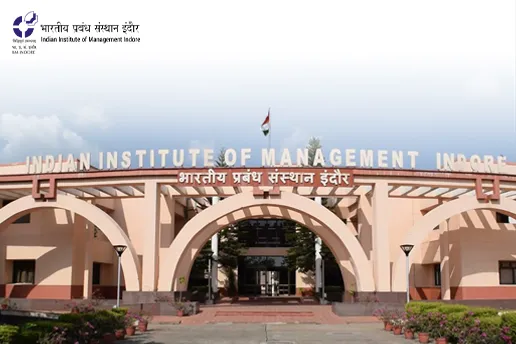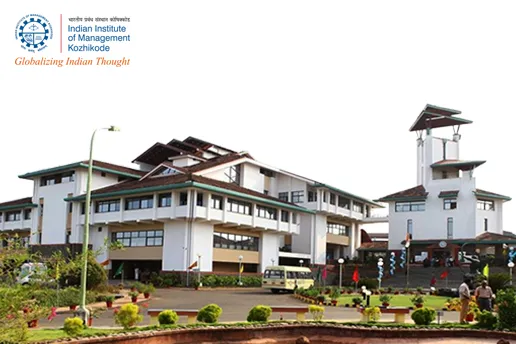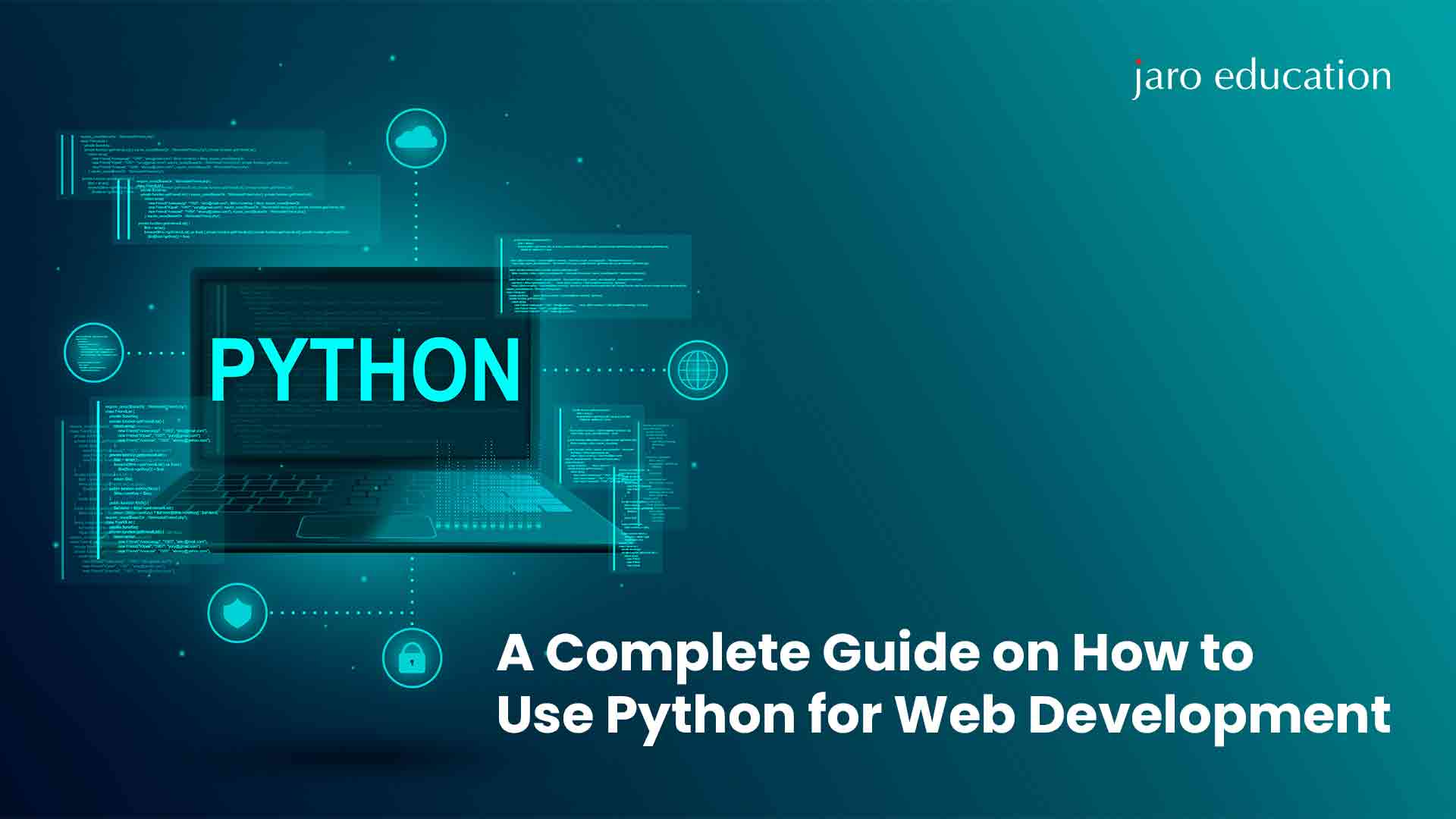Top 5 DevOps Engineer Skills You Need in 2025 for a Thriving Career
Table of Contents

In today’s tech landscape, the demand for DevOps engineers remains high due to the increasing adoption of artificial intelligence (AI), machine learning (ML), and cloud computing. Therefore, DevOps professionals are crucial for organisations to manage and optimise the software development and deployment processes. However, the career opportunity in the DevOps field not only offers decent pay but also requires high-value skills. So, let’s explore the top 5 DevOps engineer skills that will enable you to thrive in this booming field.
What is DevOps?
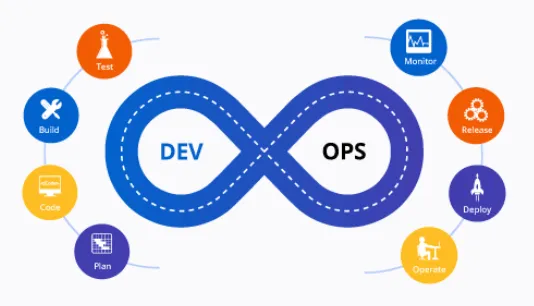
*dylanm-asos.medium.com
DevOps is a practical approach that is a blend of two different terms – ‘Dev’ and ‘Ops’, signifying ‘Development’ and ‘Operations’ respectively. DevOps ensures smooth collaboration between Software Development and IT Operations teams. From planning and development to testing, deployment and monitoring, it emphasises automation, integration, communication, collaboration and continuous improvement throughout the entire software development process.
Top 5 DevOps Engineer Skills Required for a Successful Career in 2025
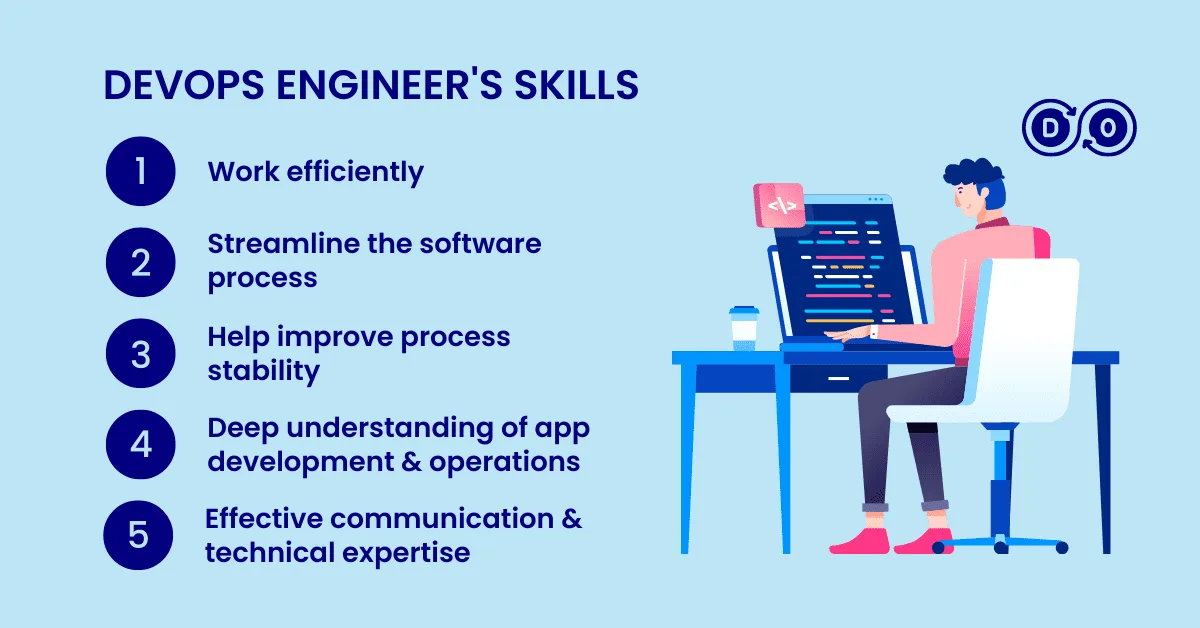
*oneclickitsolution.com
There are several skills that a DevOps engineer will need to thrive in their career. Some must-have DevOps engineer skills for a successful career in 2025 are as follows:
1. Cloud Computing and Cloud Platforms
Cloud computing and cloud platforms are essential for DevOps engineers, providing the infrastructure and services required for developing and managing applications. They enable DevOps for efficient automation, rapid deployments and scalable resources, helping faster software development and delivery. Cloud platforms offer a range of services for computing, storage and networking, which are crucial for DevOps practices.
Key cloud platforms for DevOps engineers include:
- Amazon Web Services (AWS)
- Microsoft Azure
- Google Cloud Platform (GCP)
- Oracle Cloud Infrastructure (OCI)
- IBM Cloud
Essential benefits of cloud computing and cloud platforms include:
- Automation: DevOps engineers use cloud platforms and their tools and services to automate tasks like infrastructure provisioning, CI/CD pipelines and deployments, helping them work efficiently.
- Scalability: Cloud platforms allow the DevOps team to easily manage fluctuating workloads and demands through on-demand scaling of resources, ensuring excellent performance and cost efficiency.
- Flexibility: Cloud platforms offer DevOps teams a high degree of flexibility to manage resources, services and environments with different technologies and approaches.
- Collaboration: Cloud platforms encourage better collaboration among teams, including development and operations, by providing shared tools, environments and communication channels.
- Cost-effectiveness: Cloud computing services offer the pay-as-you-go model, enabling users to utilise efficient computing resources, leading to significant cost-effectiveness and resource optimisation.
2. CI/CD (Continuous Integration and Continuous Deployment)
CI/CD (Continuous Integration and Continuous Deployment) is an essential DevOps practice that automates and streamlines the software development lifecycle, from code integration to deployment processes. It enables DevOps teams to regularly and reliably deliver software pipelines, enhancing quality, ensuring speed and minimising manual errors.
Key CI/CD tools for DevOps engineers include:
- Jenkins
- GitLab CI
- GitHub Actions
- CircleCI
- Azure DevOps
Essential benefits of CI/CD for DevOps engineers include:
- Faster Feedback Loops: CI/CD provides quick feedback to DevOps teams on code changes, making them recognise and resolve issues early in the development process.
- Improved Software Quality: Automated testing helps ensure code quality and reduces the risk of defects by verifying software functionality and finding issues early in the development process.
- Increased Agility: CI/CD allows DevOps teams to deliver software pipelines regularly and respond quickly to changing requirements.
- Reduced Deployment Risks: Automated deployments reduce manual errors and the risk of downtime by normalising processes and minimising human involvement.
- Enhanced Collaborations: CI/CD promotes improved collaboration among teams, such as development, operations, and other departments.
3. Knowledge of Programming Languages
Having a foundational knowledge of programming languages, especially in Python, Bash and Go, is beneficial for DevOps engineers, as they get the program code through the development phase. While the development teams are mainly responsible for low-level coding, the DevOps engineers need to understand the source code and ensure its successful deployment. DevOps engineers manage the release process, implement version control and automate deployments, which are crucial for a smooth code transition.
The key programming languages DevOps engineers need to gain knowledge of include:
- Python
- Bash
- Go (Golang)
- Ruby
- C/C++
- Java
- PHP
Essential benefits of programming skills include:
- Automation: DevOps engineers use programming skills to automate tasks, such as deploying applications, managing infrastructure and performing CI/CD processes.
- Troubleshooting: DevOps engineers use programming skills to debug and troubleshoot issues in scripts, logs and application code, leading to faster problem resolution.
- Improved Communication: DevOps engineers need to understand programming languages, as it will help them communicate with development teams effectively, promoting smoother collaboration.
- Increased Versatility: The knowledge of programming languages opens doors to more specialised roles, such as DevSecOps or Cloud DevOps, enhancing career opportunities.
- Infrastructure as Code (IaC): Programming skills are essential to manage and automate infrastructure using Infrastructure as Code (IaC) principles, which ensures consistent and reliable environments.
4. Security and Configuration Management (SCM)
To maintain an organisation’s security, DevOps engineers must know the Security and Configuration Management that ensures consistent, reliable and secure software deployments. While Configuration Management helps automate and implement configurations across environments, Security practices are integrated throughout the development lifecycle to prevent vulnerabilities.
Key tools for Security include:
- SAST
- DAST
- SCA
Key tools for Configuration Management include:
- Ansible
- Chef Infra
- Puppet
- Vagrant
- Octopus Deploy
Essential benefits of Security and Configuration Management include:
- Improved Security Posture: Security and Configuration Management enable automated vulnerability remediation, helping identify and fix vulnerabilities. This ensures that systems remain secure and compliant with industry standards.
- Consistent Configurations: SCM ensures that systems are consistently configured across various environments, which reduces the risk of discrepancies and errors.
- Faster Deployment and Reduced Downtime: Automated configuration management tools streamline the deployment process, minimising manual errors and reducing downtime.
- Improved Collaboration: Security and Configuration Management allow DevOps teams to collaborate on configurations by providing a shared platform. This significantly leads to better communication and reduced errors.
- Reduced Cost and Manual Efforts: Automation reduces the requirements for manual configuration tasks, thus saving time and resources. This allows teams to focus on more strategic tasks, ensuring better efficiency and minimised errors.
5. Communication and Collaboration
For successful DevOps implementation, effective communication and collaboration are essential, promoting a culture of shared responsibility and helping deliver software more efficiently. DevOps encourages open communication, facilitates knowledge sharing, and highlights the breaking down of traditional silos between development and operations.
Key tools for communication and collaboration include:
- Slack
- Microsoft Teams
- Jira
- Confluence
Essential benefits of communication and collaboration include:
- Faster Delivery and Increased Efficiency: Strong communication and collaboration enable DevOps teams to deliver software faster and more efficiently, streamlining processes.
- Reduced Errors and Improved Quality: Open communication enables DevOps teams to detect potential problems early, leading to reduced errors and improved quality software.
- Enhanced Problem-solving: With a culture of shared responsibility and collaborative problem-solving, teams can identify problems quickly, develop more efficient solutions and resolve them faster.
- Improved Knowledge Sharing and Learning: Collaboration allows DevOps teams to continuously learn and improve, facilitating knowledge sharing and best practices.
- Increased Customer Satisfaction: Faster software delivery, improved quality, and quicker resolution help increase customer satisfaction.
Apart from these top 5 DevOps engineer skills, there are many other key skills that you, as a DevOps professional, must have for a thriving career in 2025. These include Infrastructure as Code (IaC), Observability, Platform Engineering, AI and Machine Learning in DevOps (AIOps) and GitOps.
Key Responsibilities Required for DevOps Engineer Jobs
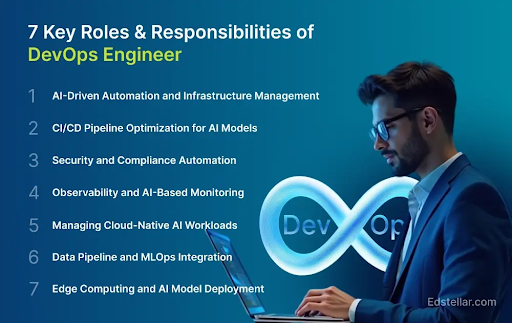
*oneclickitsolution.com
DevOps engineers are mainly responsible for bridging the gap between software development and IT operations teams, ensuring the smooth and efficient software delivery while maintaining system stability and reliability. So, let’s explore some of the key responsibilities required for DevOps engineer jobs:
- Maintaining continuous integration and delivery pipelines
- Implementing and maintaining monitoring tools to identify issues and ensure stability
- Automating repetitive tasks
- Working closely with development, operations and other teams
- Managing databases, applying automation for database backups and improving database performance
- Executing and maintaining security measures
DevOps Engineer Salary in India
A DevOps engineer’s salary in India generally varies from INR 3.8 lakh to INR 15 lakh per annum, based on experience, skills, location and industry. Top companies and specialised roles may offer higher pay.
- Entry-level (0-2 years of experience): INR 3.8 lakh to INR 7 lakh per annum
- Mid-level (3-5 years of experience): INR 4.5 lakh to INR 15 lakh per annum
- Senior-level (5+ years of experience): INR 11 lakh to INR 25 lakh per annum or even higher
The Bottom Line
DevOps is changing the software development process, encouraging collaboration, automation and continuous improvement. This approach helps integrate development and operations teams, leading to faster and more reliable software delivery, improved quality and increased efficiency. To secure a thriving career in this field, you must develop these essential skills required for DevOps engineer jobs.
For a DevOps engineer, required skills include cloud computing, cloud platforms, programming skills, Security and Configuration Management (SCM), and communication & collaboration.
If you wish to improve these essential DevOps engineer skills, then it is always best to take expert guidance from a trusted career partner like Jaro Education. Offering various online programs, Jaro helps you find the best career path.
Frequently Asked Questions
Are DevOps skills still in high demand in 2025?
Yes, DevOps skills remain in high demand in 2025 across various industries because they bridge the gap between software development and IT operation teams, by encouraging automation, collaboration and deployment. This leads to a faster, more efficient and more reliable software delivery process.
Explain the DevOps engineer required skills.
DevOps engineer required skills include:
- Complete understanding of project requirements
- Understanding of programming languages
- Identifying issues and fixing them
- Managing CI/CD tools
- Performing effective Root Cause Analysis (RCA)
- Troubleshooting
- Implementing tools and infrastructure to streamline development processes
- Building automation processes
- Developing security measures throughout the entire software development process
What does a DevOps engineer do?
A DevOps engineer bridges the gap between software development and IT operations teams, enabling communication and collaboration. They streamline the software development lifecycle by implementing processes, automating tools, improving efficiency and ensuring more reliable and secure software delivery.
Does a DevOps engineer need to do coding?
Yes, a DevOps engineer needs coding. While the development team is responsible for low-level coding, DevOps engineers use coding to automate tasks, manage infrastructure and create CI/CD pipelines. The key programming languages include Python, Shell, Ruby, Java and Bash.
Is DevOps a good career option?
Yes, DevOps is generally a good career option owing to its high demand, competitive salaries, and continuous learning and development. It offers various skill sets, from programming to scripting, and the chance to influence software delivery by simplifying faster, more reliable and more efficient processes. DevOps engineers are in high demand across various industries, leading to significant career growth and global work opportunities.
What is the highest salary for a DevOps engineer in India?
The highest salary for a DevOps engineer in India is around INR 28.6 lakh per annum. The salary range is estimated based on various DevOps engineers across different industries.
What are the DevOps engineer jobs in India?
Here is a list of DevOps engineer jobs in India.
Entry-level Positions:
- Junior DevOps Engineer
- Associate DevOps Engineer
- Entry-level Kubernetes Operator Developer
Mid-level Positions:
- DevOps Engineer
- DevSecOps – Assistant Manager/Deputy Manager
- DevOps Analyst/Senior Analyst
- System Reliability Engineer – Senior Analyst
Senior-level Positions:
- DevOps Architect
- Lead DevOps Engineer
- DevOps Manager/Assistant Manager
- Principal Consultant DevOps Engineer
- DevSecOps Manager
- Cloud DevOps Engineer
- Azure DevOps Engineer
- Platform Engineer
Specialised Positions:
- Splunk Engineer
- Data Engineer DevOps
- Process Automation and DevOps Engineer
- MLOps + DevOps Engineer
How fast is DevOps increasing?
The DevOps market is experiencing substantial growth, with forecasts representing a significant growth in market size and a high compound annual growth rate (CAGR). According to a source, the DevOps market is projected to grow from a market value of $10.4 billion in 2023 to $25.5 billion in 2028, with a CAGR of around 19.7%.








![Unlock-Key-Web-Analytics-Insights-for-Business-Success-[Updated]](https://jaro-website.s3.ap-south-1.amazonaws.com/2025/08/Unlock-Key-Web-Analytics-Insights-for-Business-Success-Updated-1024x576.webp)
